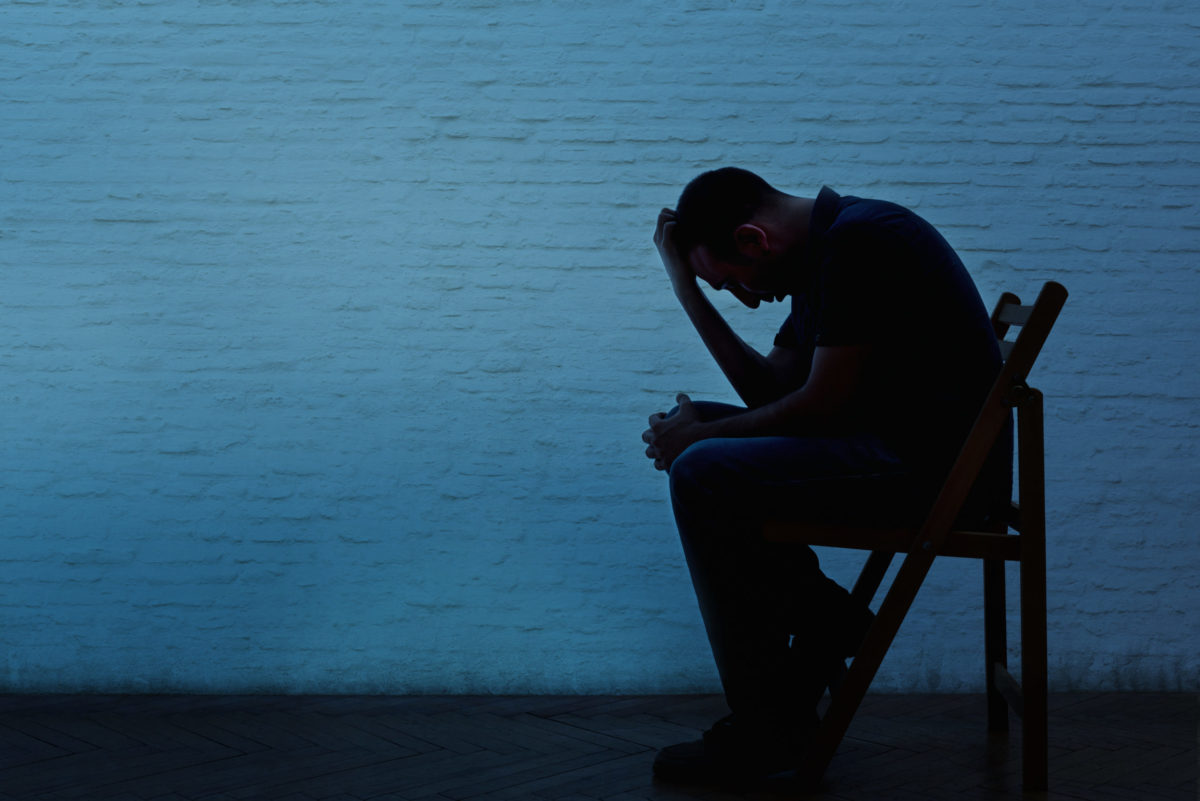If you need to talk with a counselor now, call the National Suicide Prevention Lifeline at 1-800-273-TALK (8255), a free, 24-hour line available to anyone in emotional distress. You can also reach the Lifeline using the short dialing code: 988.
Mental trauma is a common health condition. Studies show that more than half of all people report at least one traumatic event in their lifetimes.
“Trauma comes in many forms. From PTSD to grief to intimate partner violence and more,” says Natasha D. Bonner, behavioral health expert for BlueCross BlueShield of Tennessee. “In recent years, many of us have experienced collective trauma. Which is a shared emotional reaction to a terrible event, such as COVID-19.”
These larger reactions to trauma are collective but also personal, says Bonner, and they can play a part in another kind of mental stress: cultural trauma. WellTuned spoke with Bonner to learn more.
What is cultural trauma?
Bonner: Cultural trauma happens when members of a group experience a horrendous event that affects members of their community for years to come. It colors their memories and changes their identity going forward in fundamental ways.
Often, culturally traumatic events are ongoing attacks — physical or psychological — by an oppressor. As a group, when we experience something like that, we go back and tell our stories to others in our community. We use our religion, our values and other tools to make the story our own. And we work together to figure out how to protect our culture so nothing like that ever happens again.
What are some examples of cultural trauma?
Bonner: Well-known examples of cultural trauma include:
- The enslavement of African Americans
- Employment, education, and housing discrimination
- Racial, ethnic and gender-based disenfranchisement
- Religious bigotry against Catholics, Jews, Muslims and other religious minorities
Many of these events happened decades or centuries ago. But they still inform who people in those communities are today. The added stress that something horrible happened to your people can weigh heavily on your mental health. Whether that’s people of the same race, gender, class, etc. and even if you lived through the trauma yourself or not.
What’s the difference between cultural trauma and collective trauma?
Bonner: The biggest difference is that cultural trauma affects a subset of the population that’s been targeted because of who they are. Collective trauma, on the other hand, is a horrific event that affects society as a whole. Often the two are connected.
For example, we all experienced the collective trauma of COVID-19. Yet, certain populations experienced cultural trauma within that collective trauma. Studies show that African Americans and Hispanics were disproportionately impacted by COVID-19. They also highlight similar impact from related food shortages, health disparities, and an inability to access treatment and/or vaccines. This suggests those communities experienced cultural trauma inside the collective trauma.
Are certain people more likely to be affected by cultural trauma?
Bonner: Cultural trauma can affect anyone. Each culture has its own morals and values, so no one can tell you how to identify with your trauma. That said, minority groups are often affected by cultural trauma. And that can contribute to health disparities.
For example, many African American men resist going to the doctor today due to culturally traumatic events like the Tuskegee study. In that instance, a group of researchers passively monitored hundreds of African American men with syphilis to study the disease without ever offering treatment, which was readily available. This exploitation and mistreatment led many African American males to distrust medical professionals, which led them to avoid seeking care. That makes them susceptible to negative health outcomes.
How does cultural trauma affect health?
Bonner: Following cultural trauma, groups often experience added stress and stigma and lack access to resources. That creates health disparities, which can be passed down to future generations.
Health challenges also occur when a community doesn’t have the proper coping mechanisms to deal with trauma. That can lead to:
- Stress, anxiety and depression
- Loss of appetite
- Isolation and antisocial behavior
- Inability to sleep
- Increased substance use and abuse
- Untreated mental health disorders
What should you do if you think you’ve been affected by cultural trauma?
Bonner: A healthy way to process cultural trauma is to connect with other people in your community who’ve experienced it. Many educational institutions and community organizations dedicate years to exploring specific cultural traumas. Leaders of these organizations look at why the trauma exists, how families can interpret and understand it. These leaders also look at how they can give people the skills they need to overcome it.
Cultural trauma can feel overwhelming. But it’s never too late to heal, and community is a great place to start. As adults, when we address and process our own trauma, we can help younger generations identify and deal with these traumas in better ways than we did. The family dynamic is so important to breaking these generational cycles, and we can all play a part in helping our community heal.
What is collective trauma? 5 steps to understanding your feelings
Get more information about specific health terms, topics and conditions to better manage your health on bcbst.com. BlueCross BlueShield of Tennessee members can access wellness-related discounts on fitness products, gym memberships, healthy eating and more through Blue365®. BCBST members can also find tools and resources to help improve health and well-being by logging into BlueAccess and going to the Managing Your Health tab.





